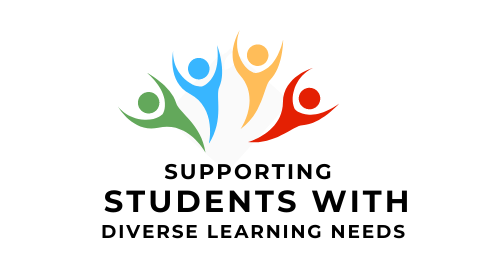- Seizures are usually controlled by medication. However, there is still a chance that students could have a seizure at college.
- Seizures can vary significantly. They may include temporary confusion, unresponsiveness and staring, sudden tiredness or dizziness. They may also include loss of consciousness, stiffening of the body, uncontrollable jerking movements of the arms and legs or breathing problems.
- A small percentage of people with seizure disorders are sensitive to flickering or strobe lighting. These students may need adjustments to be made to computer screens. Other possible triggers include stress and lack of sleep.
- Students with seizure disorders may experience fatigue and difficulty with concentration. The medication taken to control seizures can also have side effects that impact concentration and memory.
- If a student has a seizure in class:
- Remain calm. Once a seizure has started, there is no way to stop it.
- Follow college procedures, by calling 911 and/or college first aid personnel. In most institutions, local first aid personnel are on hand to provide first aid and coordinate with emergency services. If you are unsure of your college procedures in the event of a medical emergency, contact Disability Services.
- Keep the area around the student clear from people and objects
- Do not try to restrain the student
- If they are unconscious, place the student on their side until first aid or medical personnel arrive, in order to keep their airways clear
- Provide flexibility with deadlines. Students may miss classes or struggle to meet deadlines due to a flare up of symptoms.
- Provide lecture notes and classroom materials online so that they are available to students who miss classes due to medical appointments or a period of extreme symptoms.
- Provide a detailed course outline which outlines the learning outcomes, expectations, topics, reading list, and evaluation procedures.
- Consult with the student. Arrange to meet with the student in a confidential setting to discuss their learning needs and encourage open communication.
- Contact the Disability Services Office. If you have any concerns about accommodating a student in your class, contact your disability services office for advice and assistance.
- extended time for class assignments.
- extended time for exams.
- distraction reduced exam setting.
- note taker.
- Seizures are a symptom of many different disorders that affect the brain. If someone has more than one unprovoked seizure, they may be diagnosed with a seizure disorder, another word for epilepsy.
- Seizures can be provoked by a brain injury or a stroke.
- Epilepsy is a chronic disease that is characterized by unprovoked seizures. Many people with epilepsy have more than one type of seizure and may have other symptoms of neurological problems as well.
Case Study
Mark is studying health sciences at college. He was diagnosed with epilepsy in his teens and his seizures are controlled by medication. He still has regular ‘absence seizures’, where he blanks out and stares into space for a few seconds. As a result of these seizures, he has no memory of sections of his classes and lectures. Mark speaks to his instructors about his epilepsy and registers with Disability Services. They arrange for him to have copies of lecture notes and give him the option to audio record lectures to catch up on anything that he has missed.
The transition from school to college is much more difficult than Mark expected. The workload on his program is huge and he feels very stressed as his assignment deadlines loom. As a result of stress and lack of sleep, Mark has a seizure, which leaves him unconscious. After the seizure he is tired and disoriented for several days. He contacts his instructors, who grant him extensions for his assignments. He also meets with a college counselor who teaches him some strategies to manage his stress. He works with his instructors and a disability advisor to plan for a slightly-reduced course load, so that he can complete his studies, while managing his health.

